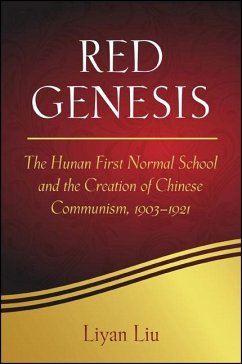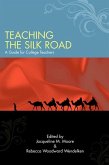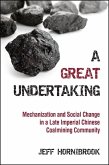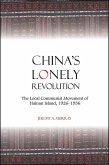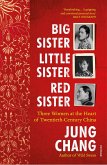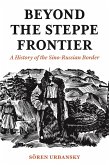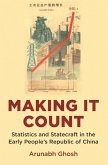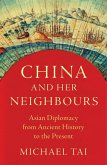Winner of the 2013 Best Publication Award for Original Scholarship presented by the Association of Chinese Professors of Social Sciences in the United States
How did an obscure provincial teachers college produce graduates who would go on to become founders and ideologues of the Chinese Communist Party? Mao Zedong, Cai Hesen, Xiao Zisheng, and others attended the Hunan First Normal School. Focusing on their alma mater, this work explores the critical but overlooked role modern schools played in sowing the seeds of revolution in the minds of students seeking modern education in the 1910s. The Hunan First Normal School was one of many reformed schools established in China in the early twentieth century in response to the urgent need to modernize the nation. Its history is a tapestry woven of traditional Chinese and modern Western threads. Chinese tradition figured significantly in the character of the school, yet Western ideas and contemporary social, political, and intellectual circumstances strongly shaped its policies and practices. Examining the background, curriculum, and the reforms of the school, as well as its teachers and radical students, Liyan Liu argues that China's modern schools provided a venue that nurtured and spread new ideas, including Communist revolution.
How did an obscure provincial teachers college produce graduates who would go on to become founders and ideologues of the Chinese Communist Party? Mao Zedong, Cai Hesen, Xiao Zisheng, and others attended the Hunan First Normal School. Focusing on their alma mater, this work explores the critical but overlooked role modern schools played in sowing the seeds of revolution in the minds of students seeking modern education in the 1910s. The Hunan First Normal School was one of many reformed schools established in China in the early twentieth century in response to the urgent need to modernize the nation. Its history is a tapestry woven of traditional Chinese and modern Western threads. Chinese tradition figured significantly in the character of the school, yet Western ideas and contemporary social, political, and intellectual circumstances strongly shaped its policies and practices. Examining the background, curriculum, and the reforms of the school, as well as its teachers and radical students, Liyan Liu argues that China's modern schools provided a venue that nurtured and spread new ideas, including Communist revolution.
Dieser Download kann aus rechtlichen Gründen nur mit Rechnungsadresse in A, D ausgeliefert werden.

